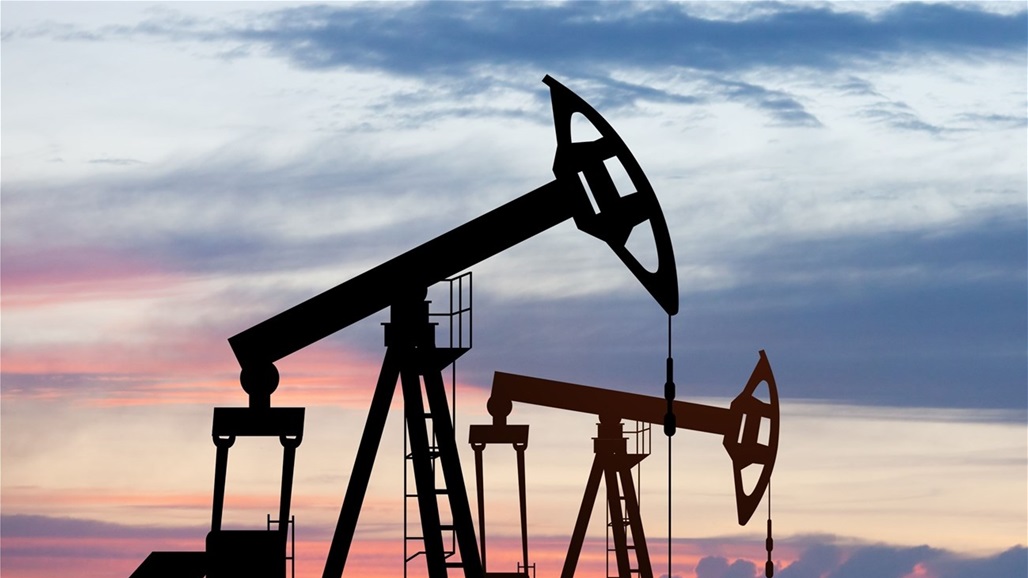Oil prices rise amid trade thaw between Washington and Beijing and the impact of sanctions on Russia

Oil prices recorded a slight increase during trading on Monday, driven by positive developments in trade relations between the United States and China, along with the impact of Western sanctions imposed on the Russian energy sector.
Brent crude futures rose by 0.1% to reach $66.05 per barrel, while U.S. West Texas Intermediate futures increased by 0.2% to $61.62, after weekly gains of 8.9% and 7.7% respectively, driven by U.S. and European sanctions on Russia.
In an analytical note, Haitong Securities explained that "market expectations improved after new sanctions on Russia and a reduction in tensions between the U.S. and China, which alleviated concerns about an oversupply of crude that had pushed prices down earlier in October."
This improvement came following U.S. Treasury Secretary Scott Pruitt's announcement on Sunday that senior economic officials from both countries reached a "very substantive framework" for a trade agreement during their meeting in Kuala Lumpur. Pruitt confirmed that this framework "will allow President Donald Trump and his Chinese counterpart Xi Jinping to discuss trade cooperation later this week," adding that the agreement "would avoid imposing a 100% U.S. tariff on Chinese goods and postpone the implementation of China's export controls on rare earth metals."
For his part, U.S. President Donald Trump expressed optimism about reaching an agreement with Beijing, indicating the possibility of meetings in both China and the United States.
In this context, Tony Sycamore, a market analyst at IG, stated that "the framework of the trade agreement helps to offset concerns that Russia may be able to circumvent the new U.S. sanctions targeting Rosneft and Lukoil by offering larger discounts on prices and using shadow fleets to attract buyers."
However, Yang An, an analyst at Haitong Securities, warned that "if the sanctions imposed on the Russian energy sector are less effective than expected, pressure to increase supply may return to the market."
